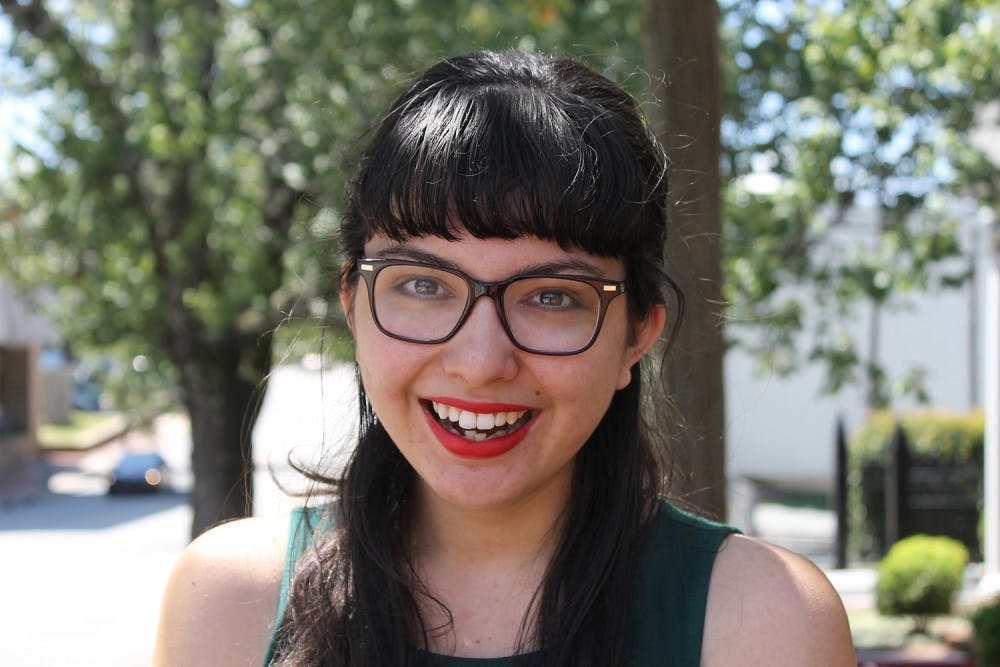When I tell people that my biological father died in January, their eyes bulge, sadness overtakes them and the reactions like, “I’m sorry to hear that,” pour in.
And I just shrug. My family death was more soap opera than it was sad. I hadn’t seen my biological father in 10 years. He was married to someone who wasn’t my mom when I was born, but I never knew that for sure until he died unexpectedly at age 55. But that didn’t make it any easier to grieve.
The rest of the semester was filled with waves of depression and anger: I couldn’t get out of bed. I sent far too many emails to professors asking for extensions on papers, and I had to drop a lot of my job responsibilities or delegate them to other people. Even today, it’s still hard to work through it.
UNC’s Counseling and Psychological Services helped but only in so many ways. My counselor constantly reminded me that I needed to be a student first and that my problems focusing on my school work were a procrastination problem at best. It wasn’t until my final session when I reassured my counselor that I would pass all of my classes when she finally reassured me: “I mean, no one asks about your grades from college anyway.”
Being at UNC — following through on that Carolina Way — isn’t easy when you’re grieving, and for many students, college is when most of our first major encounters with death occur.
But grieving while trying to follow the Carolina Way isn’t the only way we see death in our everyday lives. On Franklin Street alone, three funeral homes exist. Sophomore Madeline Ray lives every day worried she’s going to stress her AVM, causing her seventh stroke. And right down the street lives a woman who has witnessed 35 different deaths through her work with the Final Exit Network.
So today, the investigations and special projects team tackled topics about life and death in our first online-exclusive issue. On The Daily Tar Heel home page, you will find these stories and a couple more. The team thought long and hard about this topic. We knew it would be controversial. We knew if we made even one small misstep, we would be called flippant and insensitive. We knew we would be called crazy and extremists.
I told you all in October that these themed issues are meant to highlight a conversation happening on campus. It’s not meant to be comfortable, and it’s not meant to be fun. Sometimes the most important conversations are the ones we try not to think about — they’re the ones we ignore. Today, my team has chosen to shed light on that. We didn’t get to everything — not even close this time — but we’re starting the conversation. That’s a part of our job.
If you have any questions, comments or concerns, I’m here:




